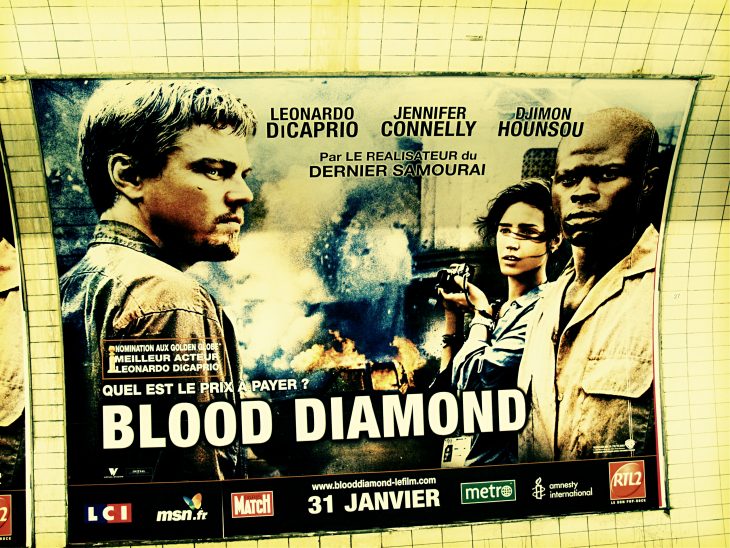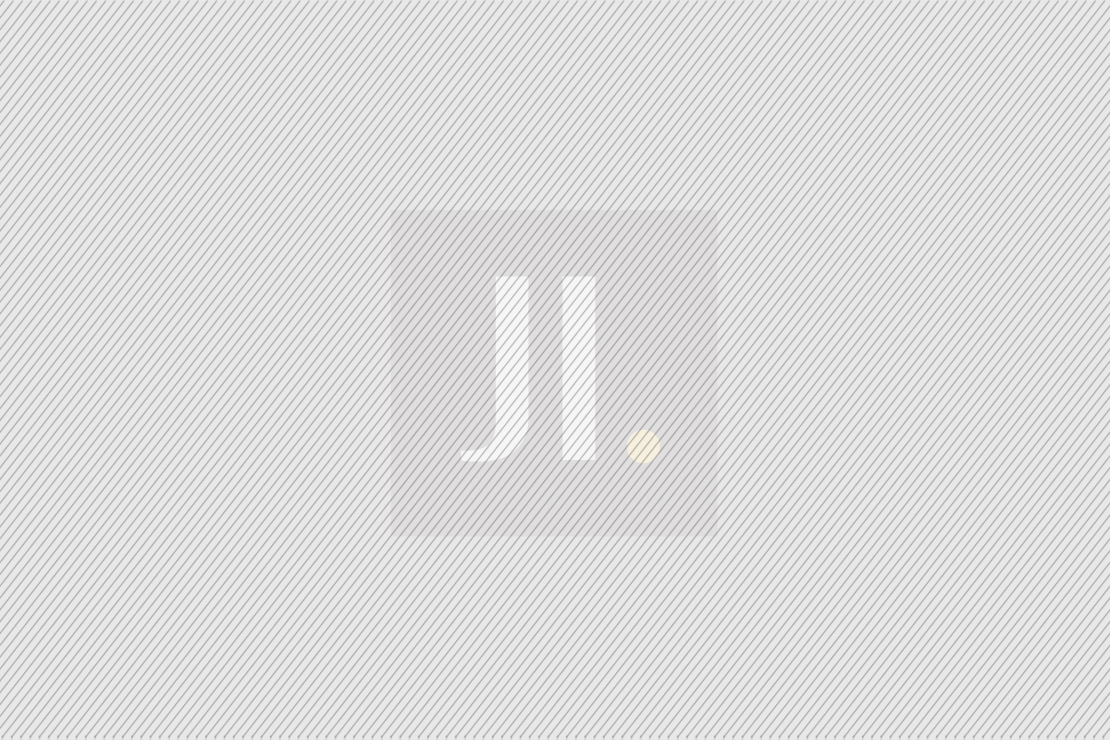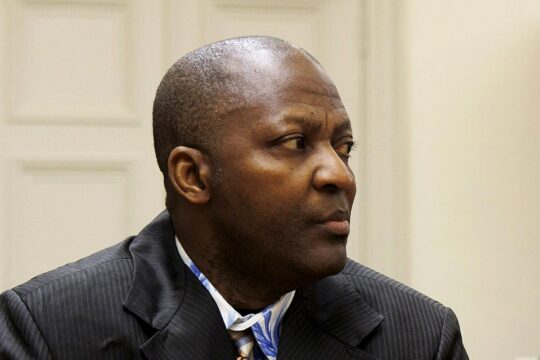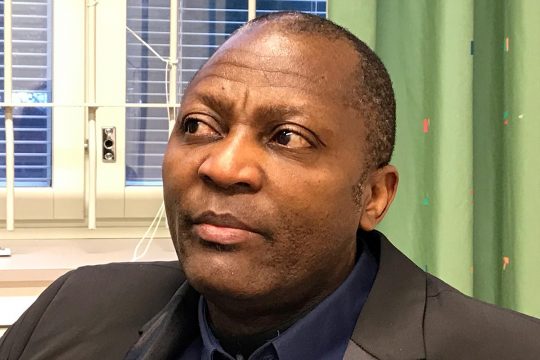Michel Desaedeleer, a US and Belgian citizen, was arrested in Spain at the end of August on a European arrest warrant, suspected of enslavement as a crime against humanity and pillage of “blood diamonds” that helped fuel the Sierra Leonean civil war. He has now been transferred to Belgium, where he has been indicted.
Desaedeleer is accused of collaborating with former Liberian president Charles Taylor and Revolutionary United Front (RUF) rebels in Sierra Leone to profit from the illicit trade in “blood diamonds” from 1999 to 2001 during the civil war. He is also suspected of having been present at diamond mines in Kono, eastern Sierra Leone, where rebels enslaved civilians to work.
UN experts estimated in a 2000 report that the RUF was responsible for illegally exporting diamonds with a total value of between $25 and $125 million each year. Much of that money was used to buy weapons on the black market. The experts’ 2000 report also said that Desaedeleer "worked up an arrangement with (RUF leader) Foday Sankoh which would give them authority to broker rights to all of Sierra Leone's diamond and gold resources for a 10-year period."
The case against Desaedeleer in Belgium was brought in 2011 by a Belgian lawyer on behalf of victims in Sierra Leone. Swiss NGO Civitas Maxima, in cooperation with a Sierra Leonean victims’ association, has provided information to the investigation, including witness testimony.
Civitas Maxima Director Alain Werner was previously a prosecution lawyer at the UN-backed Special Court for Sierra Leone, which closed its doors after sentencing ex-Liberian president Taylor to 50 years in jail for crimes against humanity and war crimes. He was convicted mainly for aiding and abetting the RUF.
Werner says this case could set an important precedent. He spoke with JusticeInfo.net.
JusticeInfo.Net: You have said that this case is a first. Can you say more about why it is important?
Alain Werner: Technically it’s not the first in the sense that in Belgium around 2007/2008 there were some business people, some of them Lebanese, who were convicted for basically the same facts. But the key difference, which is very meaningful for us, is that they were not indicted for crimes against humanity or war crimes, they were indicted for breach of internal laws, including breaching a UN embargo on the export of blood diamonds. So for us it is very, very important that those facts should be characterized as international crimes, and we believe that all the elements are there, so pillage as a war crime, complicity in enslavement as a crime against humanity. This characterization is a first, it has never happened before. And we think this is very, very important, because it is this characterization, this label, which could be a deterrent and make other people think twice about doing that again.
JusticeInfo.Net: So it looks like he will be tried in Belgium. But why was the case brought there when the crimes were allegedly committed in Sierra Leone?
AW: Legally, the case could have been brought in Sierra Leone, but also in Belgium, as it was, because Mr. Desaedeleer is a Belgian national, and according to a doctrine called “active personality”, if you are of a nationality and you commit crimes elsewhere, you can be tried in your country. So I am Swiss, but if I commit war crimes in the US or elsewhere, I could be tried in Switzerland. And so, according to the same thing, he could also have been tried in the US, because he became a US national as well. So we had several possibilities. But when we filed the case in 2011, it was not clear at all that in Sierra Leone there was basically any willingness to have a trial, and Sierra Leone is a common law country, so in Sierra Leone a victim cannot take a lawyer and file a criminal complaint in court and start a criminal proceeding independently. This is not possible in Sierra Leone, but it is possible in Europe. In civil law countries like Belgium, Switzerland and France, you can do that. We thought that the victims could more easily participate and have an impact on the litigation in Belgium.
JusticeInfo.Net: But all the victims who are bringing this case are based in Sierra Leone, not in Belgium. So how can they have their voice heard if they are not there?
AW: It’s not because they are not there now that they will not be there when the trial is held. And it’s not because the case will not be heard in Sierra Leone that it cannot have an impact in Sierra Leone. Don’t forget that there has been no decision for a trial yet. He has been indicted, but the investigation will probably carry on for a year or maybe even more. He will have lawyers, they will propose witnesses, lots of things will happen. And again, in Belgium, the system is better for victims because victims can have a voice independently of the Prosecutor, which is not possible in common law countries.
JusticeInfo.Net: So how important is this for victims in Sierra Leone?
AW: We are collaborating with a Sierra Leonean organization, well respected in Freetown, called the Centre for Accountability and Rule of Law. The director is Ibrahim Tommy, whom I have known for several years, and what he is telling me and what the organization has been saying for a long time is that this is very significant. Because yes, the Special Court existed and in a way there is justice thanks to the Special Court in Sierra Leone. But what has not happened yet is to hold the financial actors in this conflict accountable. The war lasted a very long time, from 1991 to 2002 and one of the reasons the armed groups were able to go on for so long was that they got money and means to buy weapons and other things to carry on the war. So it was really important that the business people who were behind that, who were not Sierra Leonean, not Liberian, be held accountable. So in that respect we believe this is important, and that is what human rights activists and people in Freetown are telling us.







